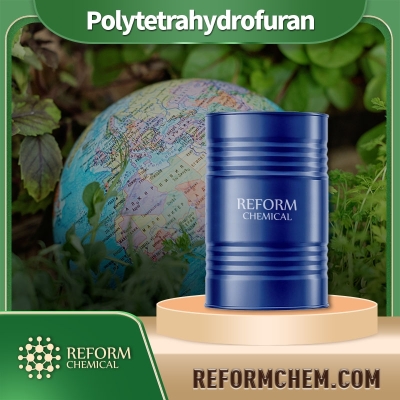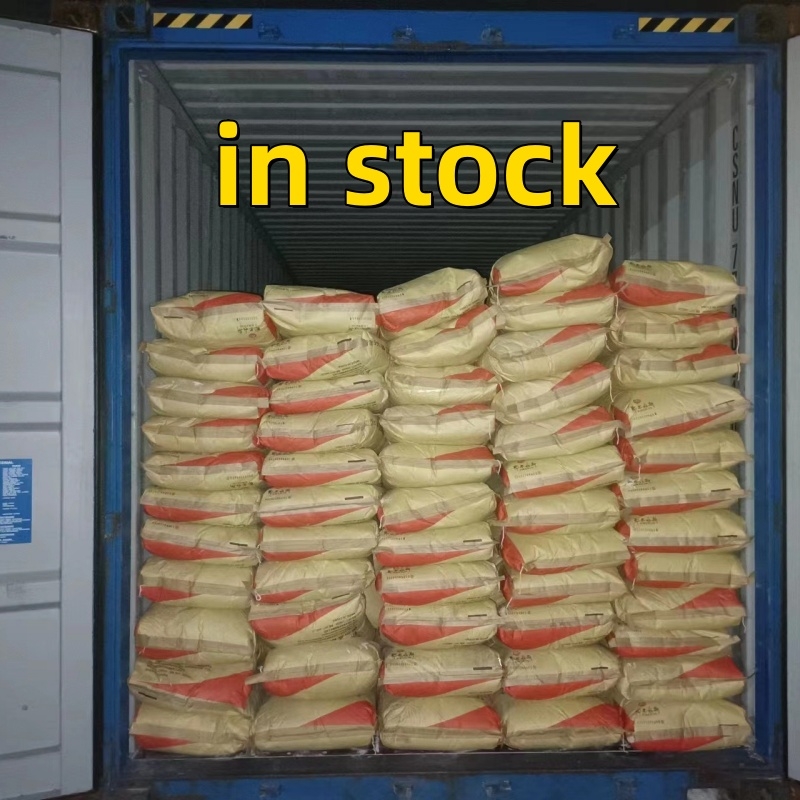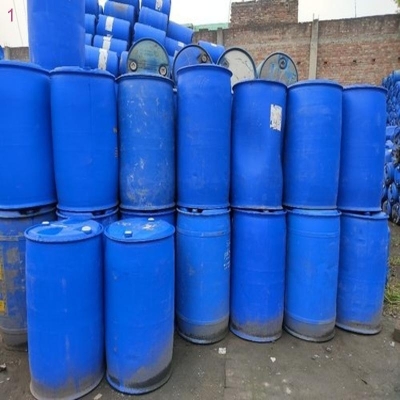-
Categories
-
Pharmaceutical Intermediates
-
Active Pharmaceutical Ingredients
-
Food Additives
- Industrial Coatings
- Agrochemicals
- Dyes and Pigments
- Surfactant
- Flavors and Fragrances
- Chemical Reagents
- Catalyst and Auxiliary
- Natural Products
- Inorganic Chemistry
-
Organic Chemistry
-
Biochemical Engineering
- Analytical Chemistry
-
Cosmetic Ingredient
- Water Treatment Chemical
-
Pharmaceutical Intermediates
Promotion
ECHEMI Mall
Wholesale
Weekly Price
Exhibition
News
-
Trade Service
Recently, the World Bank released the Middle East and North Africa regional economic quarterly report, said that the lifting of sanctions related to Iran's nuclear program will have an important impact on the world oil market, Iran's domestic economy and Iran's trading partners, Iran's full return to the global market will eventually lead to an increase in crude oil production of about 1 million barrels per day, and international oil prices may be reduced by $10 per barrel next year
.
The World Bank report believes that if the July 14 agreement is approved, the United States and the European Union will lift sanctions on Iran in exchange for slowing the pace of
Iran's nuclear program.
The bank noted that Iran will have the ability to increase oil exports
as the economic recovery accelerates.
However, the report predicts that other oil exporters in the Middle East and North Africa, such as the Gulf states and Libya, will have reduced export revenues, and oil importers in the region, such as Egypt and Tunisia, will benefit from lower
world oil prices.
Iran's trade costs will also fall, which will not only lead to an increase in trade volumes, but also increase its oil and non-oil trade
, the report said.
The report estimates that Iran's exports will also eventually increase by about $17 billion, or about 3.
5 percent
of its GDP.
Countries such as the United Kingdom, China, India, Turkey and Saudi Arabia are the most likely to see the biggest increase in trade with Iran after sanctions were lifted
.
FDI is likely to increase to about $3 billion per year, doubling the current level, but still below the peak reached in 2003
.
Recently, the World Bank released the Middle East and North Africa regional economic quarterly report, said that the lifting of sanctions related to Iran's nuclear program will have an important impact on the world oil market, Iran's domestic economy and Iran's trading partners, Iran's full return to the global market will eventually lead to an increase in crude oil production of about 1 million barrels per day, and international oil prices may be reduced by $10 per barrel next year
.
The World Bank report believes that if the July 14 agreement is approved, the United States and the European Union will lift sanctions on Iran in exchange for slowing the pace of
Iran's nuclear program.
The bank noted that Iran will have the ability to increase oil exports
as the economic recovery accelerates.
However, the report predicts that other oil exporters in the Middle East and North Africa, such as the Gulf states and Libya, will have reduced export revenues, and oil importers in the region, such as Egypt and Tunisia, will benefit from lower
world oil prices.
Iran's trade costs will also fall, which will not only lead to an increase in trade volumes, but also increase its oil and non-oil trade
, the report said.
The report estimates that Iran's exports will also eventually increase by about $17 billion, or about 3.
5 percent
of its GDP.
Countries such as the United Kingdom, China, India, Turkey and Saudi Arabia are the most likely to see the biggest increase in trade with Iran after sanctions were lifted
.
FDI is likely to increase to about $3 billion per year, doubling the current level, but still below the peak reached in 2003
.







